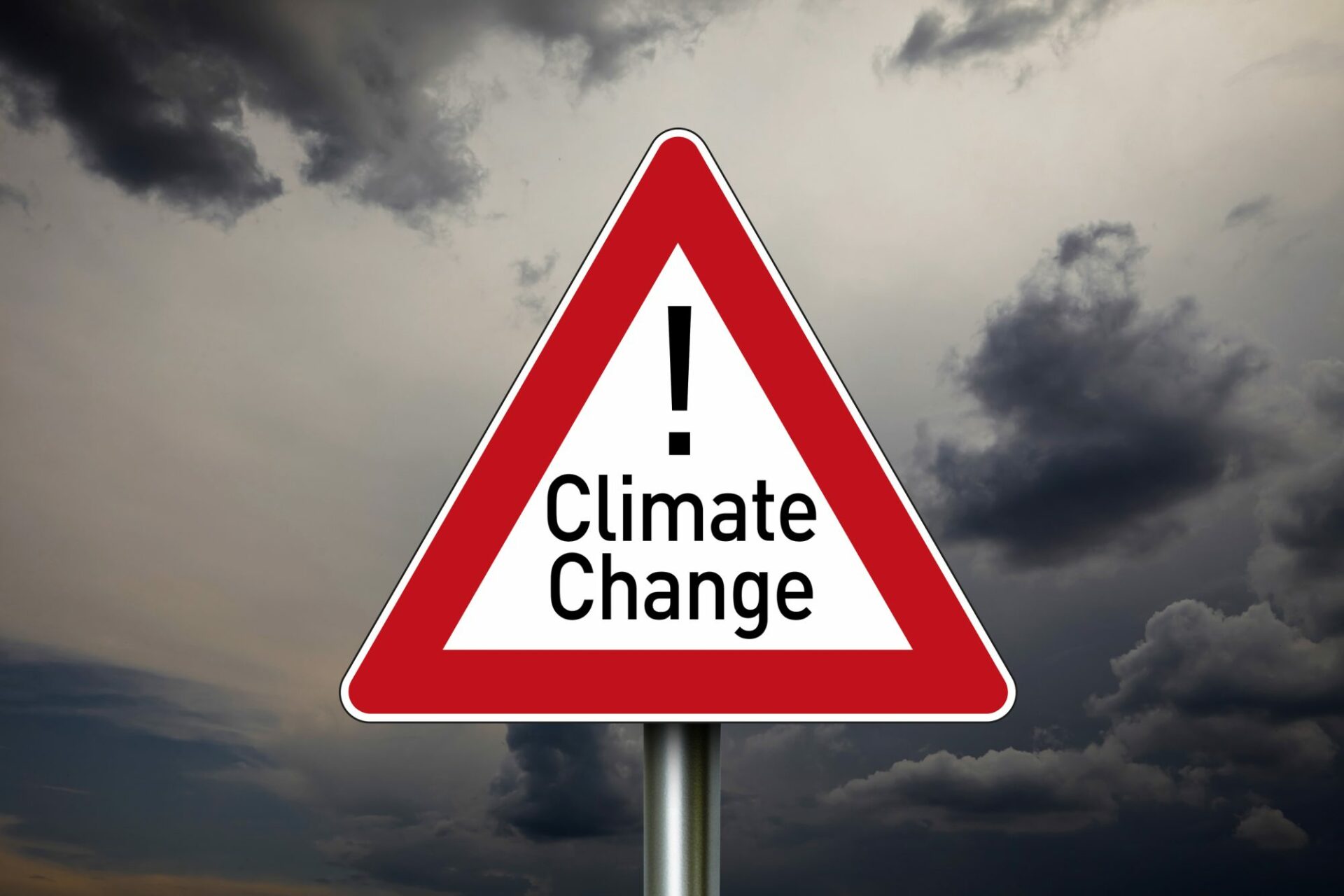Today, European Union countries will try to agree on their common negotiating position for the forthcoming United Nations climate talks. It includes the controversial issue of financial compensation for the harm caused by climate change to the world’s poorest countries.
The EU, the world’s third-largest emitter of greenhouse gases, is under pressure from developing countries. Developing countries ask the EU to reconsider its long-standing opposition to compensate for “loss and damage”. It is about loss and damage caused by floods, rising seas, and other climate-change-related effects.
A plan of the EU’s negotiation strategy for the November United Nations summit showed the 27-nation bloc would support climate talks on the topic at the COP27 meeting in Egypt. It is expected climate ministers to try hard to approve it today.
Climate talks must encompass both sides
This may mark a watershed moment. Till now even getting the issue of loss and damage on the summit agenda has proven difficult. There are disparities in views between rich and poor countries about where those discussions at climate talks should go.
Response and support for vulnerable countries, populations, and groups must be expanded, according to an EU draft document leaked to the media on Friday.
However, the document was imprecise on what such talks at the summit in the seaside resort of Sharm El Sheikh should ultimately produce. COP27 will probably draw 200 countries to the same table to talk about key issues.
Developing countries have real problems that need real solutions
Developing economies argue that COP27 must create a fund to assist countries affected by climate change. This fund has to respond to cases such as the floods in Pakistan this year, which killed nearly 1,700 people.
According to Amani Abou-Zeid, African Union (AU) Commissioner for Infrastructure and Energy, African countries have to rely on fossil fuels for the time being. She also said that it is not the time to exclude others but to customize solutions for a context. The world needs to consider the local circumstances and the ongoing crisis, Abou-Zeid said. She added that every country must find its solution using the energy sources available.
According to an AU technical study, oil and coal will play a “critical role” in the continent in expanding modern energy access in the short to medium term. The study examined 45 African countries.
Climate talks to become climate actions
On the other side, in the EU draft document, the ministers will also decide another important question. It’s about whether the EU should commit to raising its own climate change goal to be more ambitious.
African countries will step with common policy concerning energy at the COP27 climate talks in Egypt next month. Thus, the EU probably has to respond with its own unified policy that will include “loss and damage” compensation for the poor.

